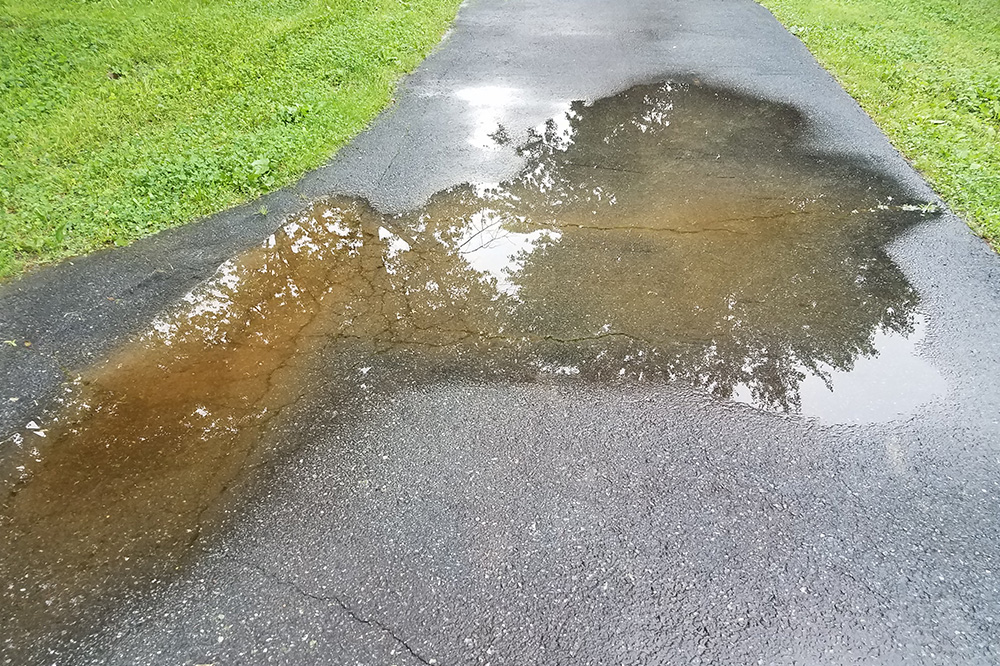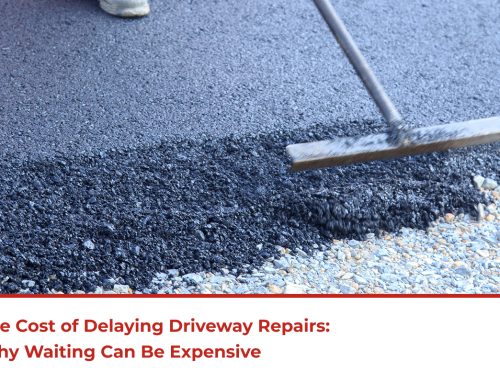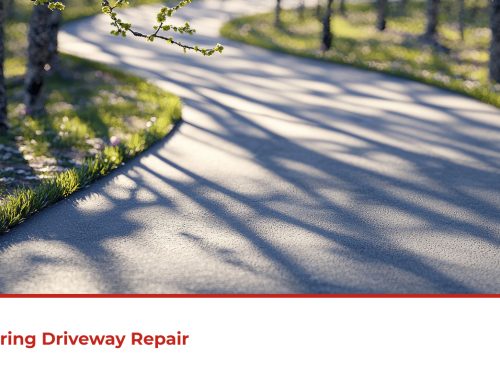The Importance of Proper Drainage in Paving Projects

There is plenty to consider when getting ready for a paving project. One of the most important, and often most overlooked aspects, is proper drainage. Drainage can make all the difference in the longevity and performance of your paved surfaces. Whether you’re considering paving a driveway, parking lot, or any other surface, understanding the importance of drainage is essential. Let’s explore why proper drainage is crucial in paving projects and how it can prevent costly issues.
1. Preventing Water Damage
Water can lead to the corrosion of fresh pavement. In Calgary, where heavy rainfall, snowfall, and water accumulation are a reality through all seasons, it’s important to prioritize drainage. Accumulation of moisture leads to erosion, cracks, and potholes. When water penetrates the pavement and freezes during cold winters, it can cause the pavement to expand and contract, leading to significant damage over time.
2. Avoiding Ice Formation
Ever wondered why the roads are littered with potholes at the end of winter? The answer is ice accumulation caused by improper drainage. Not only can ice cause hazardous conditions for vehicles and pedestrians, but it can ruin your paving as well. Proper drainage ensures water is channelled away from the surface, reducing the risk of ice formation and accidents.
3. Extending Pavement Lifespan
Investing in a new pavement is a significant expense, and protecting that investment is essential. Proper drainage systems can extend the lifespan of your pavement by preventing water-related damage. Ensuring that water flows away from the surface reduces the risk of cracks, potholes, and structural issues, ultimately saving you money in the long run.
When it comes to the longevity and performance of paved surfaces, adequate drainage is of the utmost importance. No one wants their beautifully laid pavement to become a hotbed for water accumulation issues. Let’s get into the solutions:
1. Sloping and Grading for Optimal Water Flow
One of the best ways to steer clear of water-related problems is by meticulously planning the slope and grade of your pavement. This strategic approach ensures that water flows away from the pavement, preventing the dreaded pooling of water in low-lying areas. The art of grading, when done correctly, can be your first line of defence against water accumulation.
2. Harnessing the Power of French Drains
For areas grappling with less-than-ideal natural drainage, French drains come to the rescue. These cleverly designed trenches, usually filled with gravel or rock, act as vigilant collectors and diverters for water. By channelling water away from the problem areas, French drains are indispensable allies in your battle against water accumulation.
3. Eco-friendly Permeable Pavement
Environmentally conscious, aesthetically pleasing, and convenient, water-permeable pavement is an excellent choice. Water-permeable pavement allows water to drain directly through pavement. This innovative approach drastically reduces surface runoff, making it an excellent choice for property owners. Permeable pavement is especially handy in areas where traditional drainage options are limited.
4. The Role of Catch Basins in Water Management
When it comes to controlling water on paved surfaces, catch basins play a pivotal role. These strategically placed basins serve as efficient collectors, ensuring that water is captured before it has a chance to create puddles or cause erosion. Installing catch basins at low points within your pavement can significantly enhance its drainage capabilities.
5. The Ongoing Importance of Regular Maintenance
Effective drainage solutions are not a one-time fix; they require ongoing care and attention. Regular maintenance is the linchpin of a well-drained pavement. Ensure that drains and gutters are routinely cleared of debris, and inspect existing drainage systems to ensure they are functioning optimally. Neglecting maintenance can undermine everything you have worked so hard to achieve.
If you have a paving project on the horizon, you must take proper drainage into consideration. Consulting with a professional paving contractor who has a keen understanding of the unique drainage needs of your location is paramount. By taking proactive steps to address drainage concerns, you’re laying the foundation for durable and safe paved surfaces that will withstand the test of time, weather, and use, ensuring years of satisfaction and minimal headaches.



